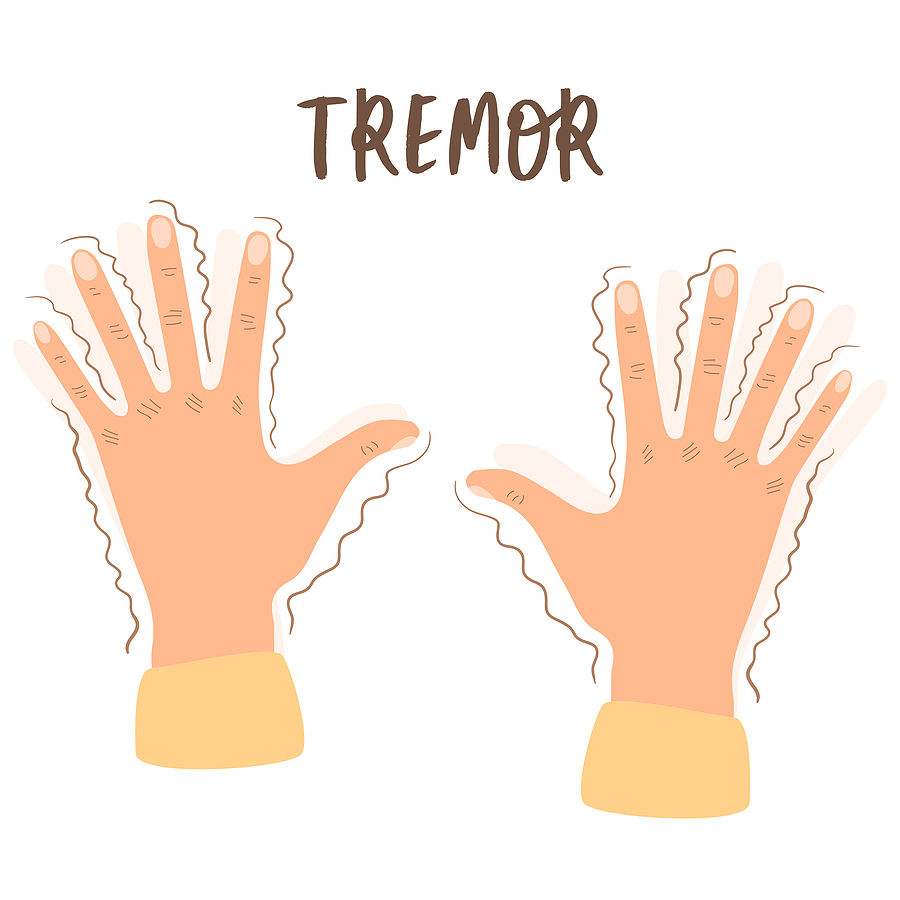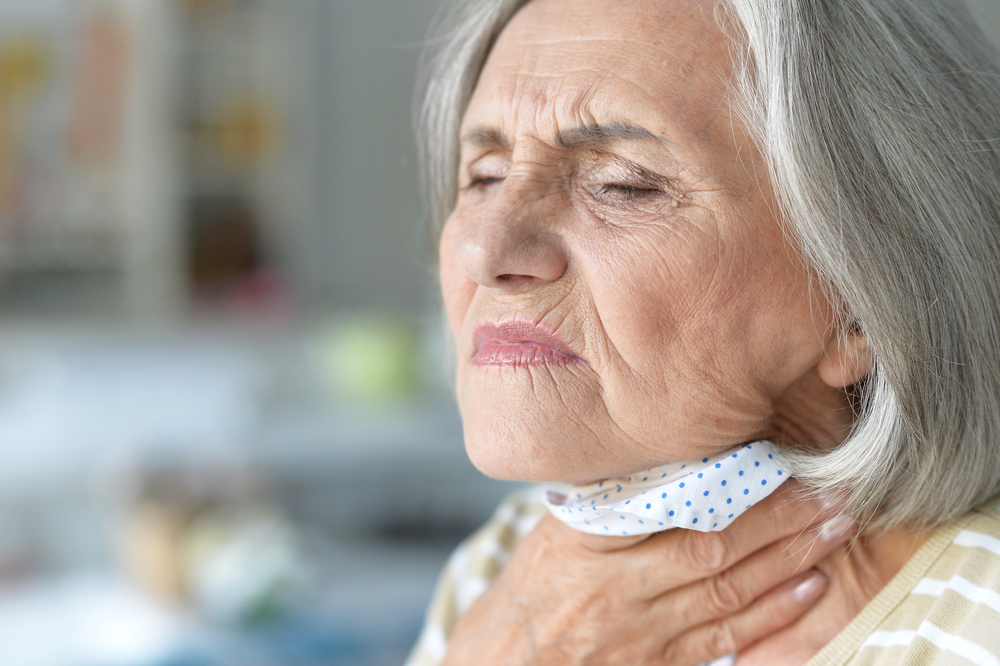Tremors in Elderly Adults: What to Know
Category:

Involuntary tremors in the elderly are relatively common and rarely life-threatening. However, people who develop tremors after the age of 70 do have higher rates of mortality and dementia; and even relatively harmless tremors can impact a person’s ability to do certain types of daily activities. But what causes tremors in elderly adults, and what can you do about helping loved ones address these kinds of issues?
Causes of Tremors in the Elderly
There are more than 20 different types of tremors, most of which can be broken into two categories: action tremors and resting tremors. Action tremors tend to occur when muscles contract in response to movement while resting tremors tend to occur while muscles are not being contracted. Within those common variants, the causes of tremors in the elderly can vary enormously.
For example, tremors can result from multiple sclerosis, stroke, liver failure, kidney failure, PTSD, alcohol abuse, hyperthyroidism, depression, Parkinson’s disease, traumatic brain injury, and others. But the most common causes of hand tremors in seniors aren’t rare, live threatening diseases. Most tremors result from a common neurological disorder called essential tremor, and hand tremors in the elderly are among the most common symptoms.
Essential tremor tends to occur among people who have reached middle age or older, and symptoms may become more severe when combined with emotional stress, fatigue, caffeine, or extreme temperatures. But it’s not restricted to hands; both leg tremors in the elderly and arm tremors in the elderly can be caused by essential tremor.
Download a Free Guide to Home Care
It’s also worth noting that the tremors in Parkinson’s are most prominent while hands are resting or not being used, while tremors are most prominent while muscles are used for essential tremor or dystonic tremors.
Treatment for Tremors in Elderly Patients
Severe tremors in the elderly can make it more difficult to eat normally, apply makeup, shave, write, or otherwise interfere with the tasks of daily living. Tremors can also be intermittent or constant, and mild tremors may become more severe over time, mostly depending on their cause. With such variance in the way people experience these symptoms, there’s an equally wide variance in the kinds of solutions available.
As always, identifying the underlying causes of hand tremors in seniors will be essential. Low blood sugar, fatigue, stress, and anxiety are known to accelerate or trigger tremors in those at risk. And you may also want to check your medicine cabinet because a variety of medications can contribute to tremors: especially seizure medications, asthma medications, and mood stabilizers.
Again, treatment for tremors in the elderly will depend on identifying the trigger or cause. Physical therapy can be used to help improve muscle control, strength, and coordination. But if you discover that anxiety or panic triggers tremors, the most appropriate solution might be relaxation techniques. Medications may also slow tremors but are generally unable to stop them entirely, while surgical techniques are mostly reserved for those with severe symptoms.
The Big Picture
Developing tremors can be frightening at any age, but most tremors are no cause for concern. Nevertheless, it’s always a good idea to keep care providers informed about your health, including the development of tremors. Should tremors become more than a mild nuisance, proactive management can go a long way towards improving a person’s quality of life.
Subscribe
Date: January 12, 2021
Category:


